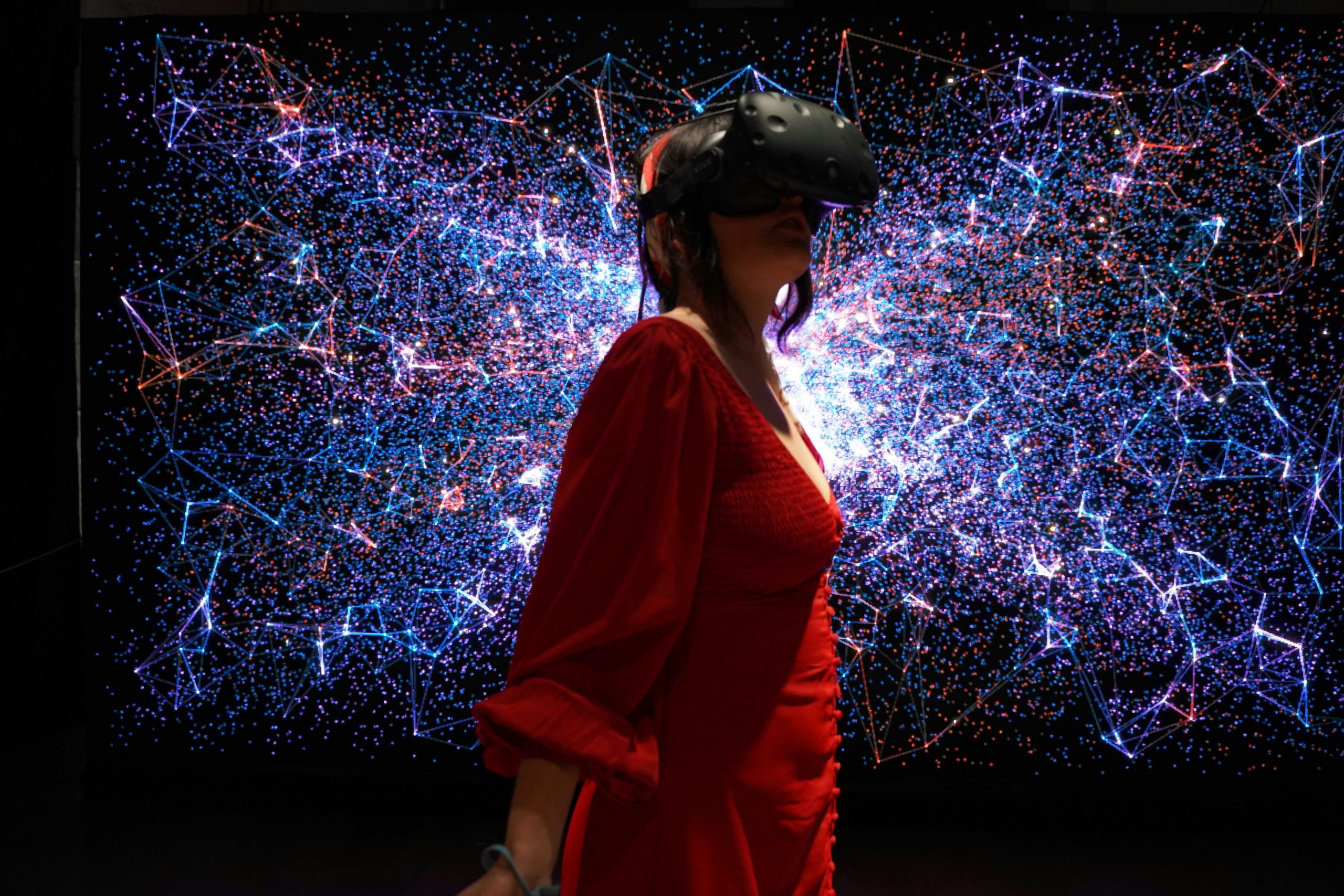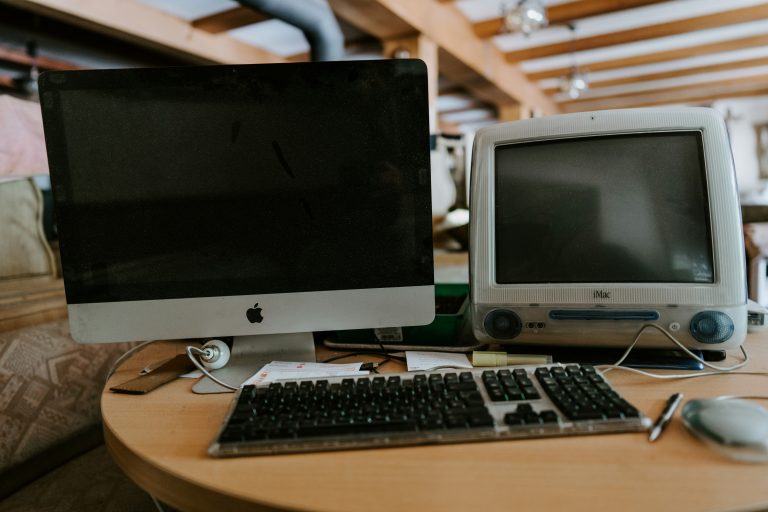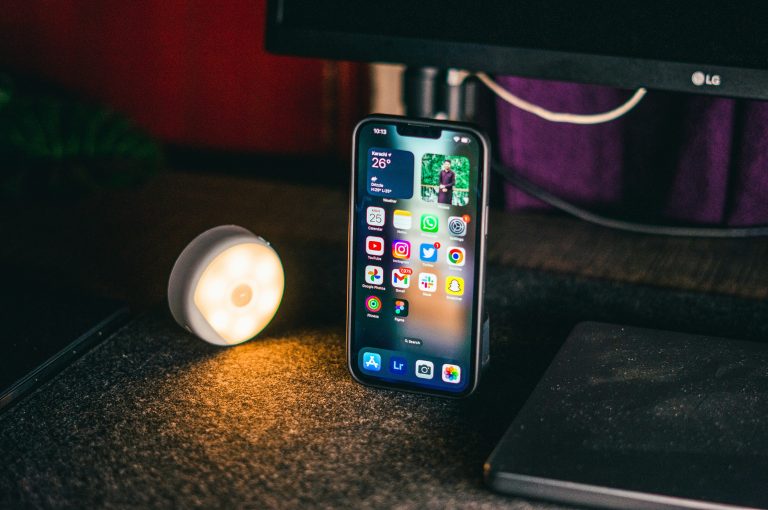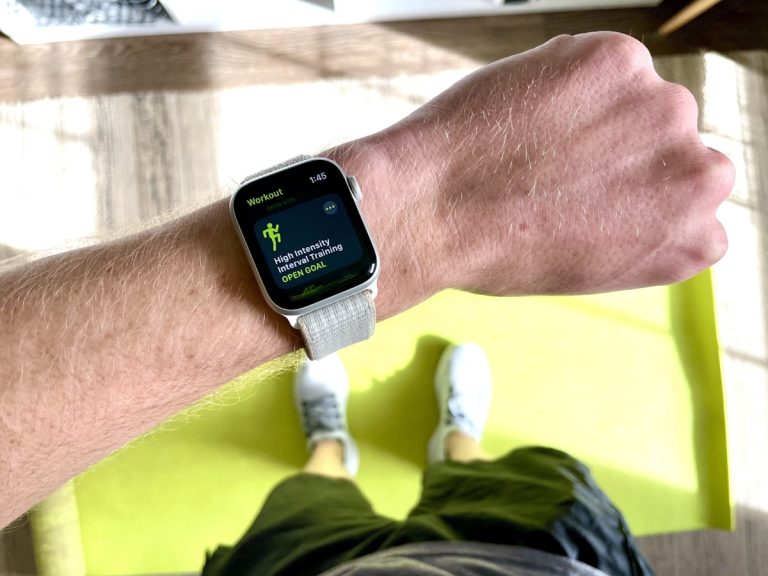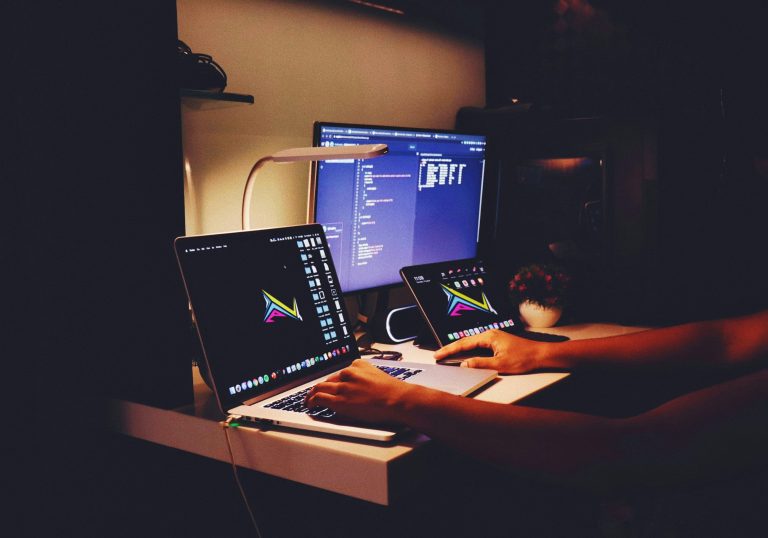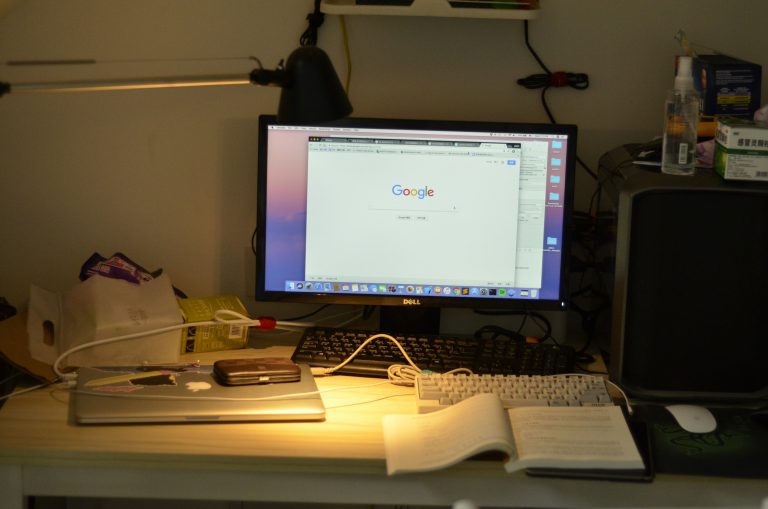The Ethics of Digital Twins: Copying Humans in Virtual Worlds
2 What Are Human Digital Twins?
A digital twin of a human is a highly detailed, dynamic digital model of a person. It can include not just physical attributes (like heart rate, brain scans, and genetic information) but also behavioral, emotional, and cognitive data.
In healthcare, for example, a digital twin might simulate how your body would respond to a new drug before you ever take it. In the corporate world, digital twins of employees could be used to model decision-making or productivity.
3 The Ethical Dilemmas
While the potential benefits are staggering, the ethical challenges are equally significant:
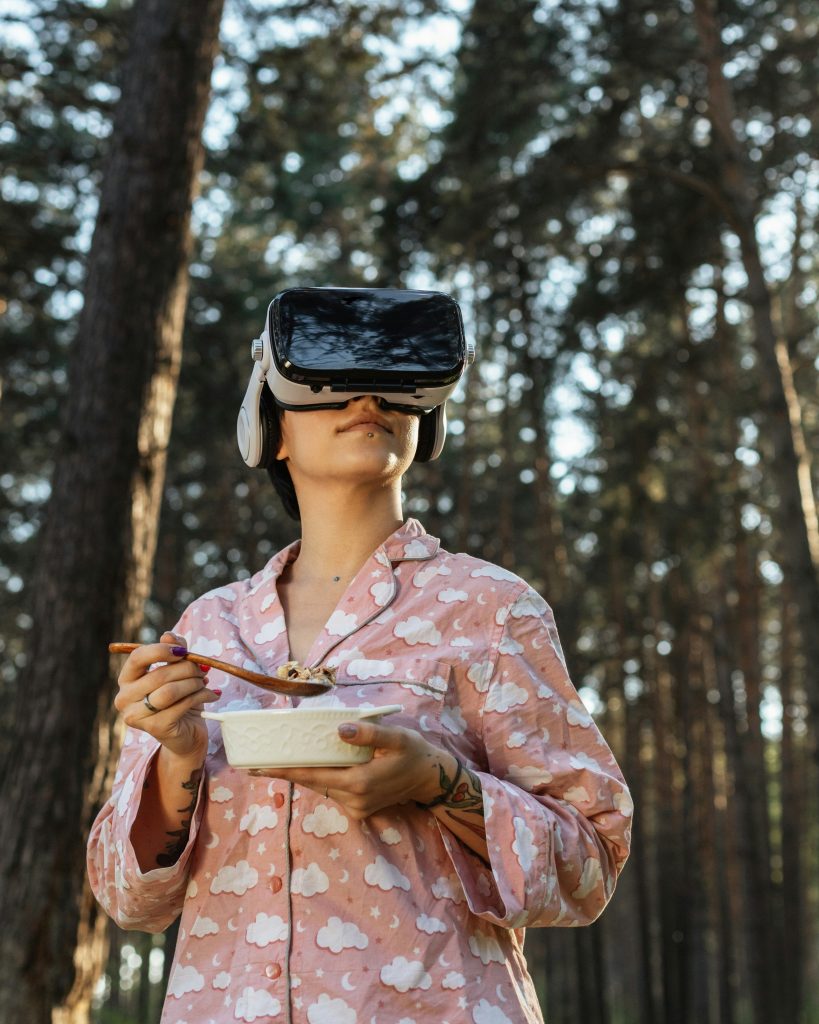
4 Privacy and Consent
Creating a human digital twin requires massive amounts of highly personal data from your genetic code to your psychological profile.
1 Who owns this data?
2 How is it protected?
3 Can a person truly consent to all future uses of their digital twin, especially uses we can’t yet imagine?
If companies or governments gain access to this level of detailed information, the potential for misuse surveillance, manipulation, discrimination is chilling.
5 Identity and Personhood
If your digital twin can think, predict, and act like you, is it still “just data”, or does it deserve certain rights? Philosophers and ethicists are beginning to explore whether advanced digital twins might eventually warrant legal or moral consideration.
Could your digital twin “speak” for you in legal or financial matters? If it commits a crime in a virtual environment, who is responsible you or the twin?
6 Inequality and Access
Creating and maintaining a digital twin could become expensive and resource-intensive. If only the wealthy have access to their own advanced digital replicas, we risk deepening social and health inequalities. Imagine a world where some people can predict and prevent diseases decades in advance and others cannot.
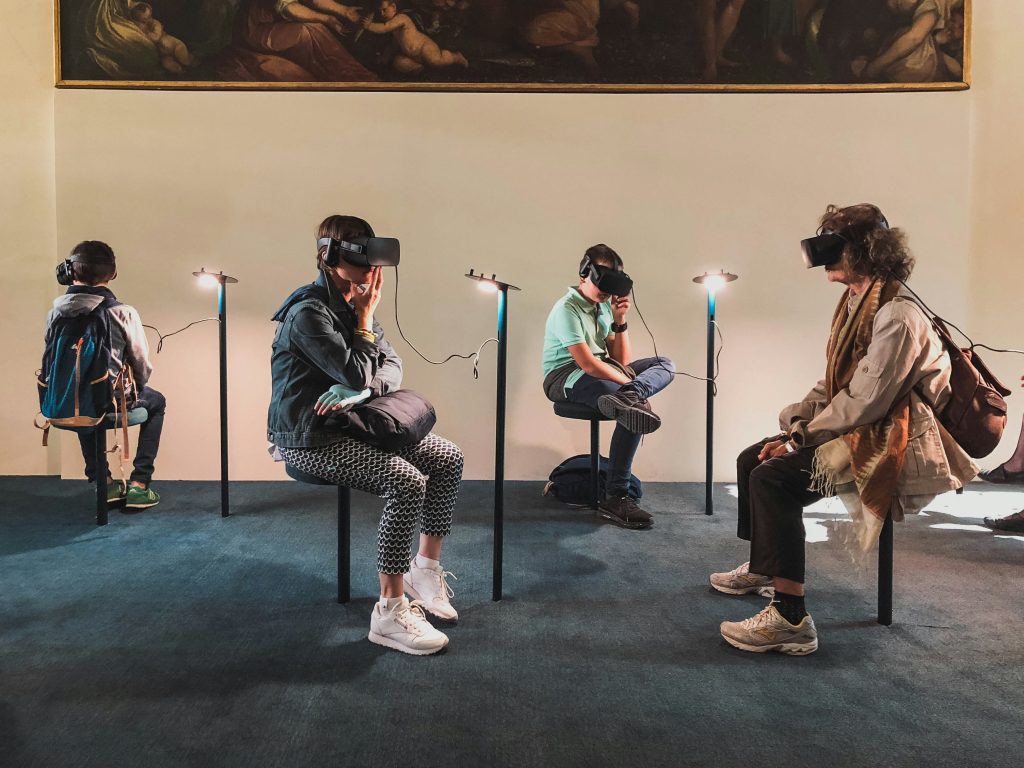
7 Psychological Impact
Knowing that a digital version of yourself exists somewhere could have profound effects on human psychology. Would people feel pressured to live up to their “better” virtual selves? Could interactions with one’s twin change our sense of identity or self-worth?
8 Real-World Applications Already Emerging
1 Healthcare: Researchers are creating digital twins of hearts and other organs to personalize surgeries and treatments.
2 Mental Health: Simulated models of the brain are being developed to study and potentially treat conditions like depression or PTSD.
3 Smart Cities: In futuristic urban planning, “population twins” model how large groups of people might behave in new infrastructures.
9 Moving Forward: Ethical Frameworks
Governments, technologists, and ethicists will need to work together to create robust frameworks that:
1 Enforce strict data ownership and privacy laws.
2 Define consent in digital environments.
3 Set clear limits on the commercial use of digital twins.
4 Address the rights and responsibilities associated with human-like virtual entities.
Without thoughtful regulation, the risk of exploitation is too great and the consequences too profound.
